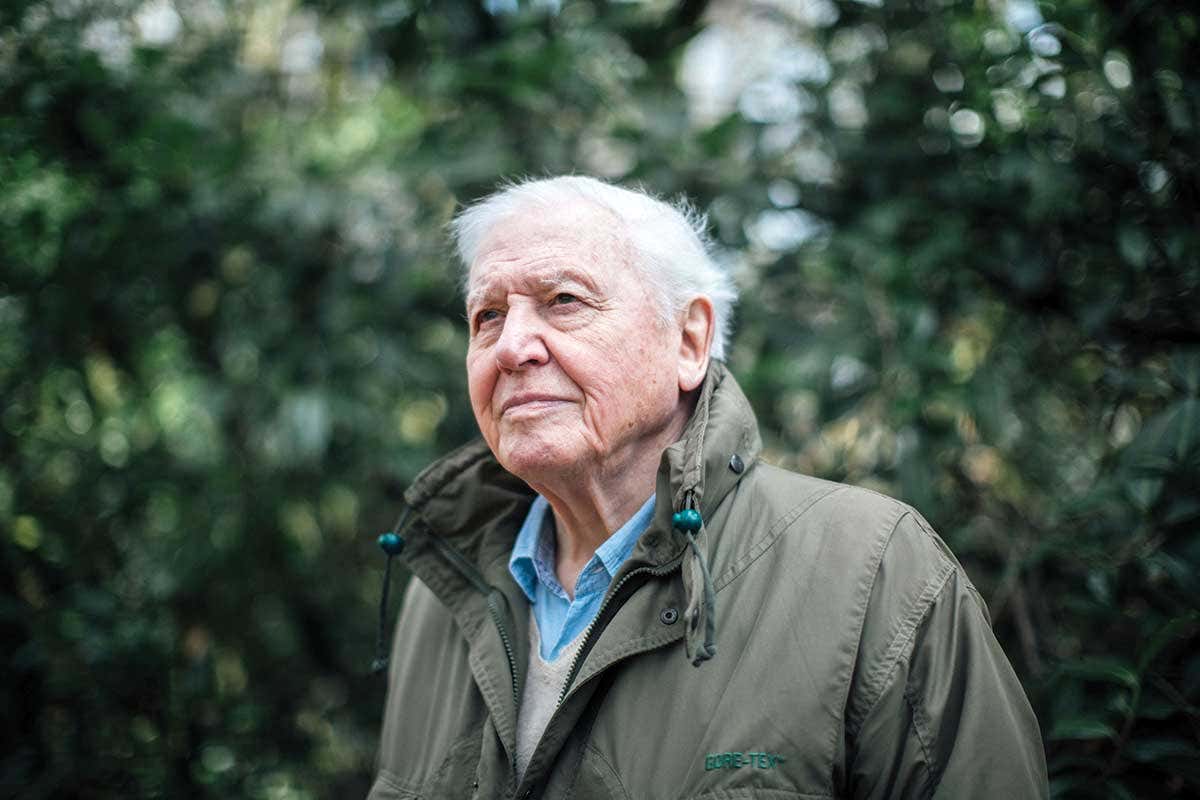According to Sir David Attenborough, the world is starting to wake up to the realities of plastic pollution.
"I think we're all shifting our behaviour, I really do," Sir David said in an interview with the BBC.
Attenborough called plastic pollution “vile” but believes that people are changing their habits and that “the world is waking up to what we've done to the planet".

Sir David and the BBC Natural History Unit were recently awarded the renowned Chatham House Prize for their Blue Planet II documentaries. The prize is given to people and organisations making a significant contribution to improving international relations. It’s director, Dr Robin Niblett called plastic pollution “one of the gravest challenges facing the world’s oceans”.
It’s believed that the work of these documentaries have been instrumental in bringing the issues of plastic pollution into the public eye and agenda.
"Blue Planet II spurred a passionate global response and generated clear behavioural and policy change."

The series honed in on plastic in the worlds oceans, revealing an estimation of 150 million tonnes drifting, causing the death of 1 million birds and a further 100,000 sea mammals every year.
One particularly distressing scene showed albatrosses feeding their chicks scraps of plastic, inevitably leading to death.
Julian Hector the head of NHU believes the programme has “struck a chord” with the public after exposing them to visuals of the effects their lifestyle is having on the natural world.
"We're emotionally engaging the audience, giving them a connection with life histories, the behaviours, the plans that these animals have got, and how plastic in that case is getting in their way, reducing their chicks' survival"

Attenborough’s opinion in the matter is that the footage is "very powerful - they speak to parental instinct" and he believes they are genuinely helping people get motivated to take action and implement change.
"It's the beginning, and people in all parts of society are aware of what's happening, and it's vile, it's horrid and it's something we are clearly seeing inflicted on the natural world and having a dreadful effect and there's something they can do about it. So in a way it's a bit of a litmus test to see if the population care about it and people do"

Sir David says techniques need to be devised for handling plastic waste.
"We still need to know how to dispose of the wretched material, surely if we can invent it, somebody somewhere is going to be able to deal with it, to deal with these mountains of this appalling material"
Plastic pollution is fast becoming recognised as a global emergency that rapidly needs addressing, with subsequent swift intervention. Changes are being made on large and small scales across the globe - why not have a think about the every day changes you could implement in your home?


Share:
Council bin turns up on beach 70 miles away from original location
Marine wildlife populations halve